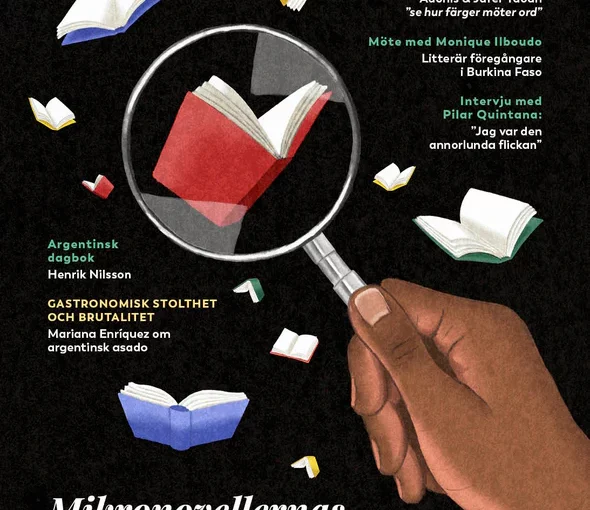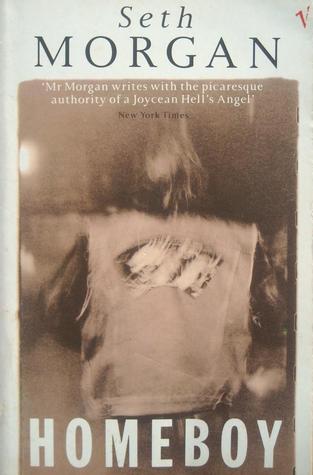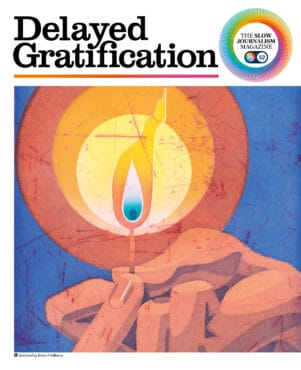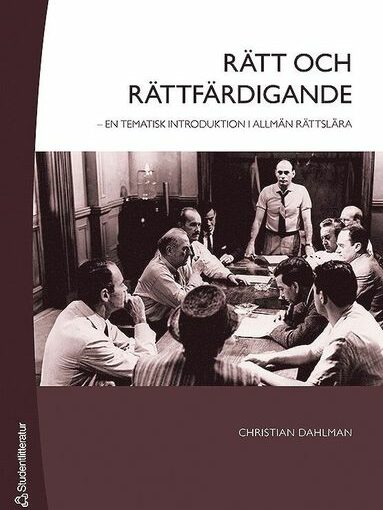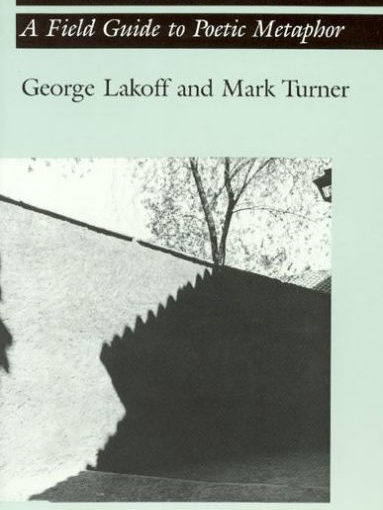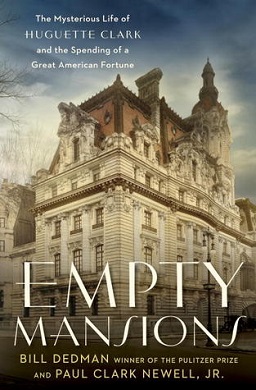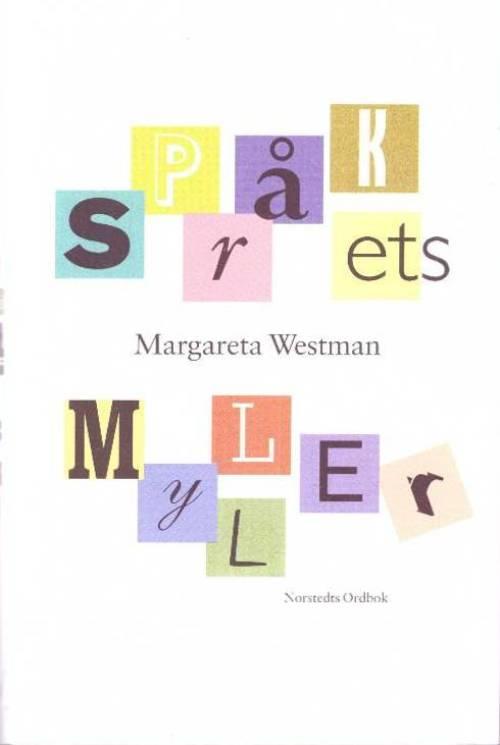One of the reasons that my book reading is taking a temporary dip is because I had some magazines to catch up on. Since I think those are just as important as books—and just as prone to otherwise getting lost in the void—I decided it was worth summarizing them. For posterity’s sake, and also to help me retain what I read.
Background: Delayed Gratification is a UK publication put out by an organization called Slow Journalism. It was recommended to me after I mourned the loss of the English language arm of the incomparable De Correspondent, a news project that is unavailable to me because I don’t read Dutch. De Correspondent features long-form stories focused on underlying causes or trends rather than rapid-fire news updates, and after a successful launch in the Netherlands they expanded into the English-language market as The Correspondent in 2019. Things went well until the economic fallout from the pandemic kneecapped their “pay what you want” subscription model, and rather than selling adspace or short shrifting the writers and graphic designers, they closed the project down. All of the English-language stories they published are still available on their website if you’re curious.
Enter Delayed Gratification! It scratches a similar itch and carries a mix of longer form journalism and shorter interviews/explainers (called “Moments that mattered”), along with more infographics than I really would care to read. Nobody’s perfect!
Every issue features a different artist on the cover, and opens with an interview as well as some of their other work. This quarter it was Robin F. Williams, with “Matched.” None of her other pieces are really a….match…for the painting featured on the cover (pictured above), nor was hers the most interesting or insightful artist interview I’ve read:
Starting a fire with a match requires precision, care and timing. It’s an individual action with the potential for a profound impact.
“Skill issue” was a friend’s glib response to that quote. “Grant for writers to take a wilderness basics course…”
Longer pieces
1. “Nahel Merzouk is buried amid riots in France.” The article by Rob Orchard highlights the work of French journalist Valentin Gendrot, who went undercover as a cop and wrote about it in the book Flic. French cops seem to resemble their American counterparts, is my takeaway, though perhaps they aren’t quite so heavily militarized (yet). Flic also ended up on my TBR: a French language and non-fiction two-fer!
2. “The coming storm.” Joint reporting by Matthew Lee and Rob Orchard on the bankruptcy crisis for many UK councils, whether current or looming. In some cases, poor decisions were made (going all-in on commercial real estate investment in the name of “development”). In others it’s just bad luck—shifting demographics is one reason highlighted in the article, where national funds are allocated to councils at the local level based on population data that is wildly out of date. Upon reflection, maybe that’s less bad luck and more “this is what happens when you kneecap actually-useful parts of bureaucracy.” Some areas are full to bursting with families with young children, for example, but not seeing the national funding to provide schoolingfor them because demographics statistics at the national level haven’t been updated.
3. “Metropolis now.” Marcus Webb, with photos by Nick Hannes. Projects to move national capitals: Egypt, South Korea, Nigeria, Kazakhstan. The people designing and paying for these new cities all gush about Dubai, striving to emulate it in their city planning. This story, in combination with the previous article about bankrupt councils and a later one in this issue about rich people who want to live forever, is rich grist for the dystopian science fiction mill: wealthy, powerful people trying to build self-sustaining isolated little enclaves for themselves, away from unwashed masses, for all eternity.
4. “What lies beneath.” James Montague. Last July the loading ramp from the MS Estonia was pulled out of the Baltic, sparking renewed interest in assorted Scandinavian and Baltic conspiracy theories about why the cruise ship really sank. I didn’t know much about the topic going in, since it’s never come up in my life here—just that the MS Estonia had been a cruise ship that sank with absolutely catastrophic fatalities, and that there are a whole raft (if you’ll pardon the pun) of conspiracy theories about it. Montague interviewed several people with different relationships to the disaster: a Swedish survivor, a former Swedish politician from the Green party who remains convinced that Russian espionage was involved, the Estonian son of a couple who were lost in the sinking, and another young Estonian guy who was so fascinated with the sinking he grew up to become an expert in analyzing shipwrecks.
5. “Who wants to live forever?” Matthew Lee. This one touched a nerve with me. I can’t find the topic of “eccentric billionaires who want to live forever” interesting or entertaining—all I can think about is the tremendous exploitation and waste of resources involved. It also seemed clear that Lee doesn’t have the requisite background in science to really contextualize “longevity research.” (I’m directly quoting their language but I’m also making the scare quotes gesture with my fingers.) The project is painted in a mostly optimistic, friendly light and most of the people Lee interviews are of basically the same opinion. This is in contrast to the article on the MS Estonia, where Montague included a variety of perspectives that kept the speculation distinct from what could be asserted based on facts and data. To Lee’s credit, he also made sure to speak with a noted critic of the movement along with its cheerleaders, but the bulk of the article is concerned with the longevity research’s possibilities and proponents.
The last thing worth mentioning about this one is that one of the longevity companies Lee discusses is The Methuselah Foundation, and he makes a point of drawing the explicit (inoffensive and even vaguely favorable) connection between the foundation and its star backer, Peter Thiel. Yet nowhere does Lee see fit to mention this interest—not only longevity research generally, but Thiel’s participation specifically—has become one of the richest veins for Qanon conspiracy theorists to tap: tall tales about wealthy elites preying on children in pursuit of eternal youth, Thiel shooting up adrenochrome, God knows what else. Nor does Lee mention Thiel’s more unsavory, anti-democratic activities, which include limiting journalistic freedom as best he can. Is that relevant for a journalist to bring up in an article about longevity research? Do I just have a particularly strong personal antipathy towards Peter Thiel? Maybe it can be both?
6. “A wolf at the door.” Harriet Salem. The reintroduction of wolves to Europe is tricky going. Most frustrating seems to be that the European Commission president, Ursula von der Leyen, could just unilaterally decide to undo years of wildlife preservation work by greenlighting wolf culls.
In absolutely, definitely, for sure unrelated news, der Leyen’s prize pony was killed by a wolf a few years ago.
The thing I noticed in this article was how many of the concerned farmers who want to bring back wolf culls are self-described “hobby farmers.” It reminds me a bit of Marie Antoinette pretending to be a milkmaid at Versailles, though to be fair, maybe hobby farming is how we slowly start to decentralize food supplies so that we have more food ready at hand. (But then maybe it’s more practical to grow grains, fruits, and vegetables than to raise livestock? In which case wolves are irrelevant?) Plus, left to their own devices with a normal mix of population, cattle (and I assume sheep) are a pack animal that have interesting strategies for surviving attacks from predators. There’s really interesting material about how cattle fared after wolves were reintroduced to Yellowstone, which I don’t have the time to look up right now. Not to mention that, as Salem also points out, domestic dogs are more of a threat to livestock than wild wolves.
7. “Derna is a city drowning in sorrow.” Interview by Marcus Webb with photographer Mohamed Nabil, Zainab Chamoun interpreting. An on-the-ground look at the flooding in Libya. Hopefully they’ll put at least the photos from this story up and I can come back and link to them because I think it’s difficult to understand the scope of this flooding—especially considering other huge geopolitical crises going on at the moment—without seeing pictures of the damage.
Moments that mattered
1. “Lahaina is destroyed by wildfires.” Interview with Crystal Mitchell, Lahaina resident and business owner, by Matthew Lee. It seems that incompetence was a huge contributing factor into the fires becoming as bad as they were, as well as the scope of the damage. Unlike previous wildfires, the Mitchells (and many others) received no warning to evacuate and had no time to prepare. The escaped with their lives, but they lost two pets in the fire and Mitchell’s husband suffered pretty serious burns. Lots of events in the last few years, including the Lahaina fires, have me thinking about the inherent fragility of tourism-based economies.
2. “Luis Rubiales forces a kiss on Jenni Hermoso.” Interview with Verónica Boquete, former Spain women’s national football team captain, by Harriet Salem. A short summary of the state of misogyny in women’s football in Spain. Spoiler: it’s pretty awful.
3. “Azerbaijan takes control of Nagorno-Karabakh.” Interview with Laurence Broers, co-founder of the Caucasus Survey, by James Montague. Speaking of stories that get swallowed in huge geopolitical crises, how about this one? I had a vague sense of violence in Azerbaijan at some point recently but that was about it. This wasn’t a huge in-depth explainer of the history of the relationship between Azerbaijan and Armenia, but still informative. The major takeaway from me was how much Turkey’s support made a difference, especially as Russia’s presence in the region is basically nothing now that they’re caught in the quagmire of Ukraine.
Other
1. “Saddam and the supergun.” Marcus Webb with art by Carol Adlam. A sort of graphic novel visual narrative of the life of Gerald Bull. All the conspiracy theory talk with the MS Estonia and Qanon when there’s much more fertile (and likely) ground right here, with briefcases full of cash and assassinations and everything!


